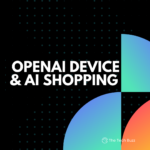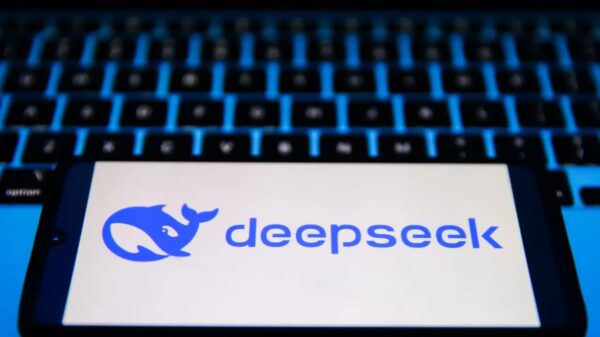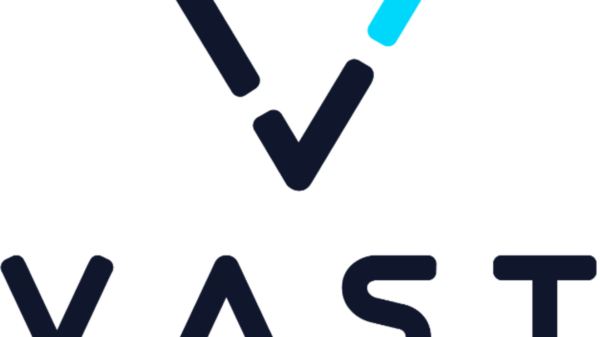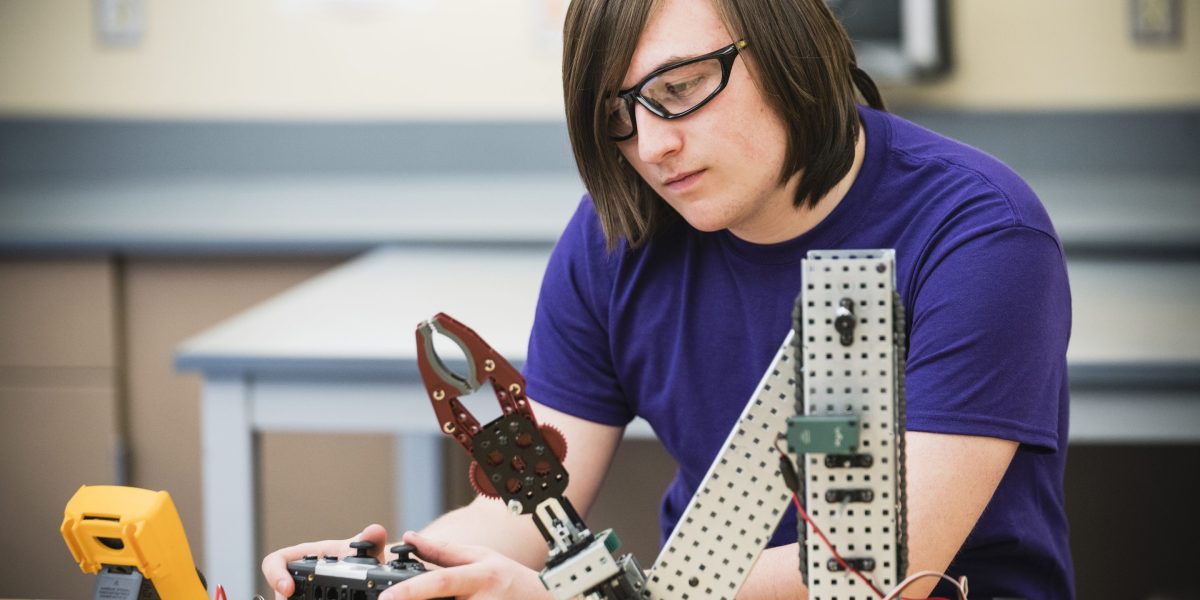A new report from McKinsey Global Institute addresses the significant concerns surrounding job displacement due to artificial intelligence (AI). While the research suggests that current technologies could theoretically automate approximately 57% of U.S. work hours, the consulting firm emphasizes that this figure represents technical capability rather than an automatic loss of jobs.
Instead of widespread replacement, the findings by Lareina Yee, Anu Madgavkar, Sven Smit, Alexis Krivkovich, Michael Chui, Maria Jesus Ramirez, and Diego Castresana indicate that the future of work will likely be defined by collaboration among humans, agents, and robots, all enhanced by AI. Their report, titled “Agents, robots, and us: Skill partnerships in the age of AI,” asserts that unlocking AI’s substantial economic value—estimated at $2.9 trillion in the U.S. by 2030—hinges on human oversight and the redesign of organizational practices.
The report highlights that the primary reason AI is unlikely to immediately sideline a large portion of the workforce is due to the enduring relevance of human skills. McKinsey’s analysis reveals that over 70% of the skills sought by employers today are applicable in both automatable and non-automatable roles. As AI adoption progresses, the nature of these skills may evolve, but their overall significance remains assured.
For instance, highly specialized cognitive skills that are automatable, such as routine accounting and specific programming languages, may experience the most disruption. However, as AI takes on tasks like document preparation and basic research, workers will still be needed to utilize their existing skills in new ways, concentrating on framing questions and interpreting results.
Importantly, skills rooted in social and emotional intelligence—including conflict resolution, design thinking, and negotiation—will continue to demand uniquely human attributes like empathy, creativity, and contextual understanding, which machines struggle to replicate. Moreover, skills related to caregiving and assistance are expected to remain relatively unchanged.
The report emphasizes that organizations must go beyond merely automating tasks within existing frameworks to effectively harness AI. To capture the projected economic benefits, a comprehensive redesign of workflows is essential, enabling humans, agents, and robots to collaborate seamlessly while adapting processes, roles, culture, and metrics.
Even in roles highly amenable to automation, the human element will remain crucial for effective operation and tasks that require oversight and quality control. The indispensable human presence is often preferred by customers, students, and patients alike.
This ongoing transformation has already sparked a remarkable increase in demand for new capabilities. The need for AI fluency—the ability to utilize and manage AI tools—has surged sevenfold in just two years, making it the fastest-growing skill in U.S. job postings. This skill, which centers on collaborating with and guiding AI systems, exemplifies a rapid shift in the economy toward new forms of cooperation.
Ultimately, while certain individual tasks could theoretically be automated, the impact on employment will largely depend on how organizations and institutions prepare their workforce for the future. Historical trends suggest that employment is more likely to evolve rather than contract.
The advent of the AI era is not about wholly replacing the human workforce, but rather about shifting the focus of human intelligence from execution to orchestration and judgment. Similar to how calculators enhanced mathematicians by allowing them to solve more complex problems, AI automates routine tasks, enabling human workers to engage in complex decision-making and care. The future of work is poised to be a partnership between humans and machines.
“Integrating AI will not be a simple technology rollout but a reimagining of work itself,” the report states, emphasizing the need for a thorough redesign of processes, roles, skills, culture, and metrics so that humans, agents, and robots can create greater value together.
For more information, see the original McKinsey report.
See also ChatGPT and Grok Clash in $1 Million Stock-Picking Challenge for AI Supremacy
ChatGPT and Grok Clash in $1 Million Stock-Picking Challenge for AI Supremacy HGC Launches Strategic AI Transformation to Drive Innovation and Market Leadership
HGC Launches Strategic AI Transformation to Drive Innovation and Market Leadership OpenAI Unveils “Calm Tech” Device, Launches AI Shopping Tool Amid Amazon’s $50B AI Surge
OpenAI Unveils “Calm Tech” Device, Launches AI Shopping Tool Amid Amazon’s $50B AI Surge Jim Cramer Analyzes Oracle’s OpenAI Partnership Amidst AI Market Competition
Jim Cramer Analyzes Oracle’s OpenAI Partnership Amidst AI Market Competition AI Valuation Debate Intensifies as Wall Street Rallies; India’s Market Resilience Tested
AI Valuation Debate Intensifies as Wall Street Rallies; India’s Market Resilience Tested




































































